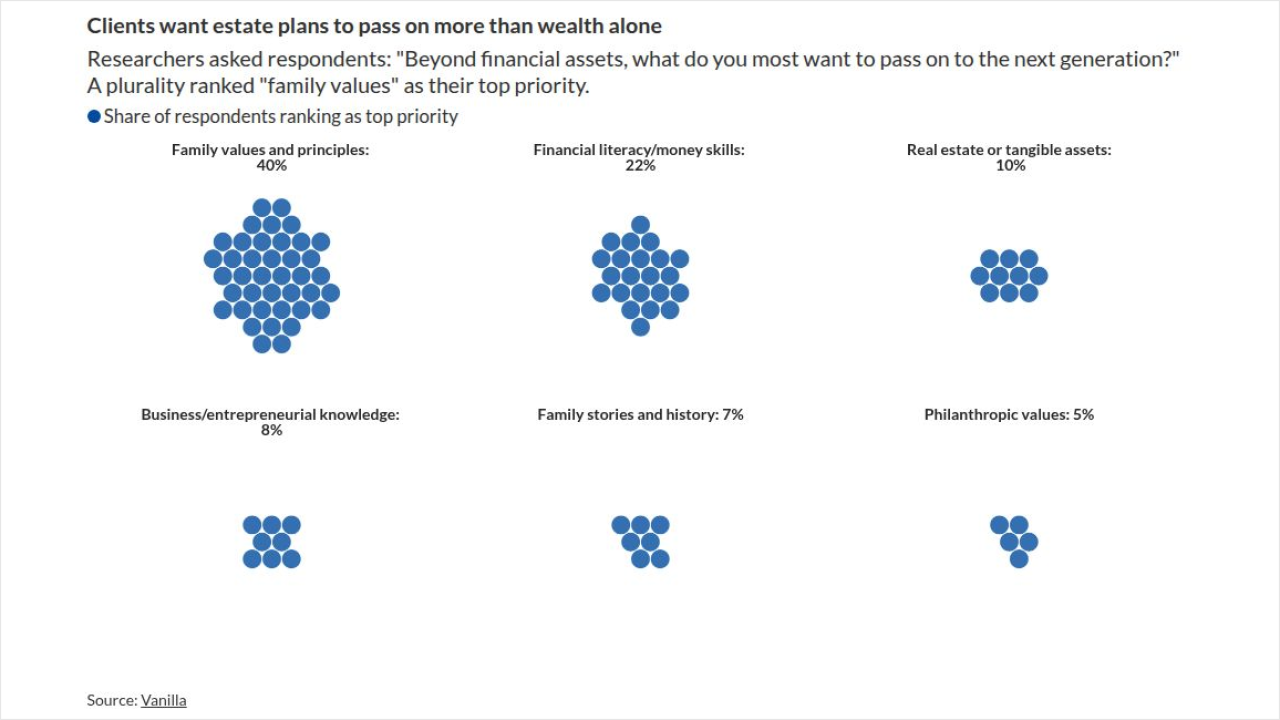The
That was the primary argument the
The SEC's General Counsel Giovanni Prezioso countered that the SEC acted "properly, professionally and responsibly" in passing the rule a second time. The Commission saw "real risks" in delaying its second vote on the rule and has "a long tradition of moving quickly" to protect the public interest, Prezioso told the court. He also noted that another reason the Commission took the matter to vote so quickly after the court's decision was because it wanted to give former SEC Chairman William Donaldson and Commissioner Harvey Goldschmid an opportunity to vote on it before their pending departures, given their familiarity with the issue.
Prezioso further argued that when the SEC took the matter to vote the second time, it deliberately didn't want to "start from scratch," and, thus, looked at its earlier research while also weighing new information on the impact an independent majority of a mutual fund board, along with the chairman, would have on fund governance. As to why it didn't seek public comment, the SEC determined it had already sought adequate input, Prezioso continued.
But the Chamber's lawyer, Eugene Scalia, a partner with
But one judge seemed to show more sympathy for the SEC than for the Chamber.
"Most of the time, this court is hearing from industry that agencies aren't moving fast enough," Judge Judith Rogers said, adding that it was important for the court to defer to the expertise of such agencies as the SEC. With respect to whether the SEC should have waited for the appellate decision before voting, she added that there doesn't appear to be any rule precluding an agency from taking a vote before receiving a mandate from an appeals court.





